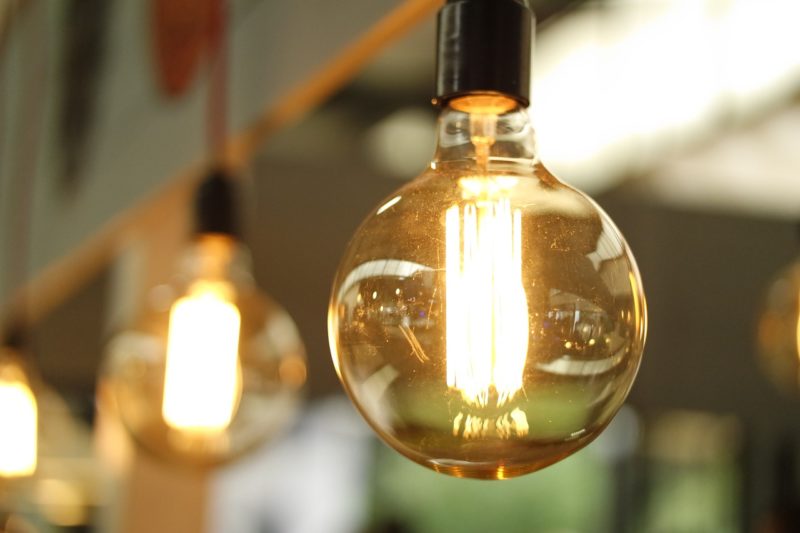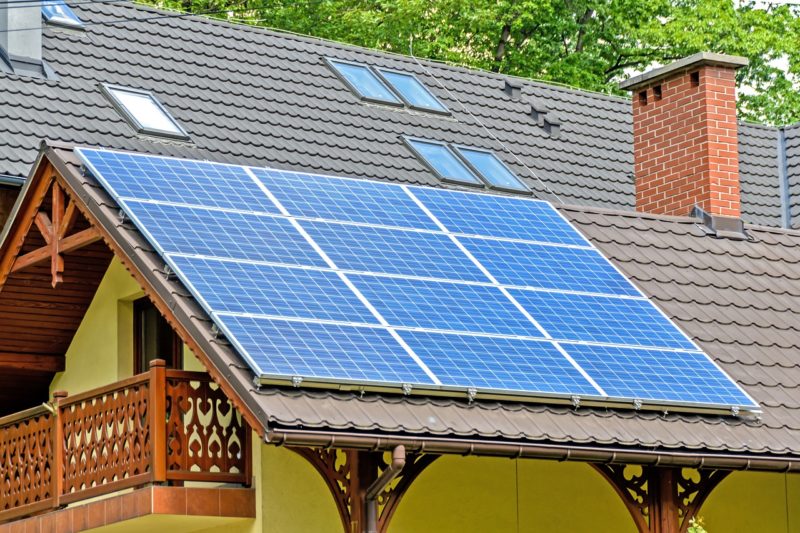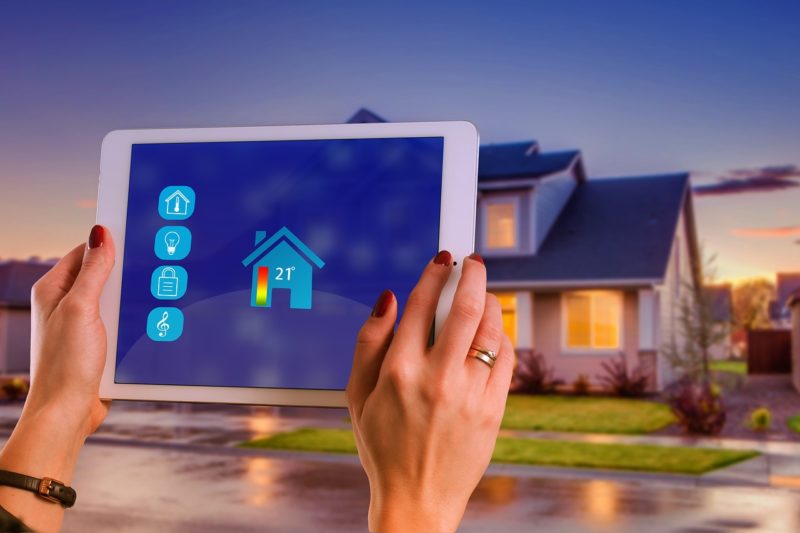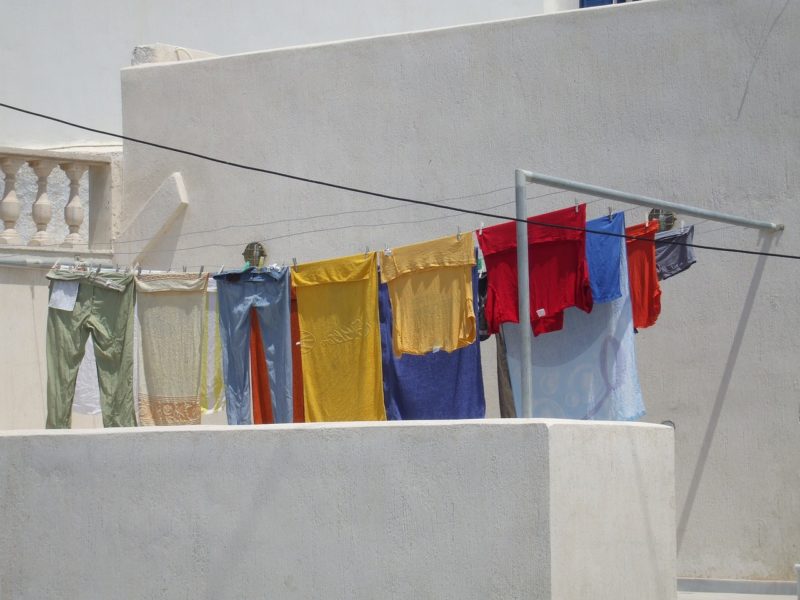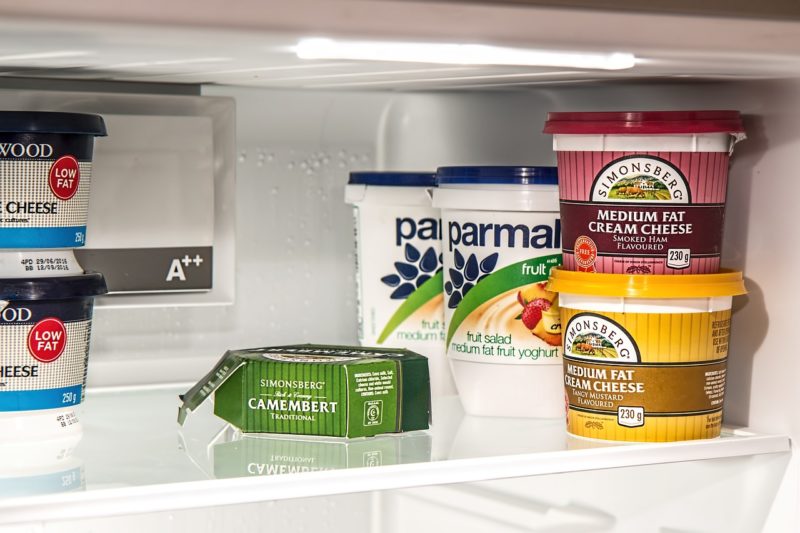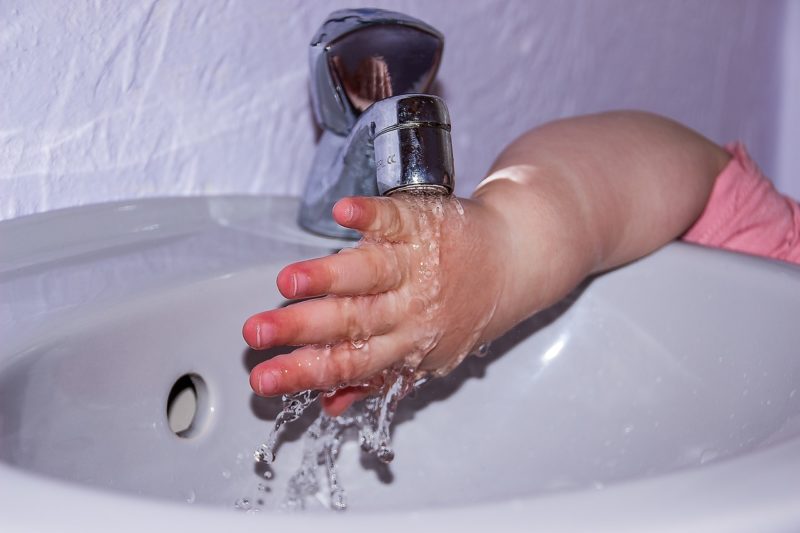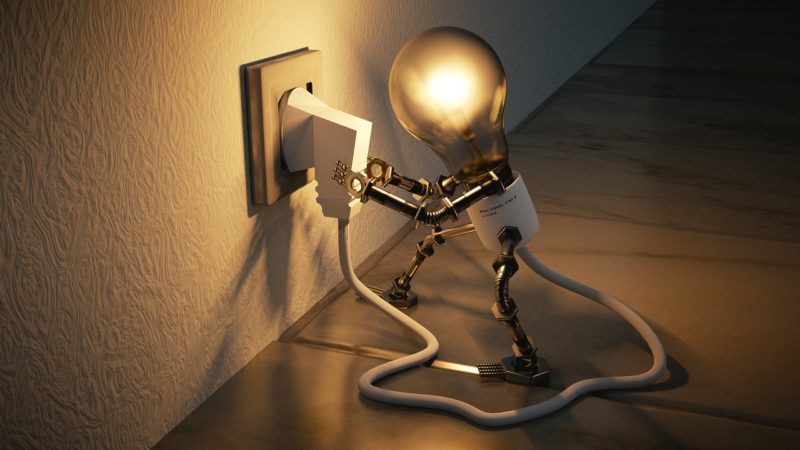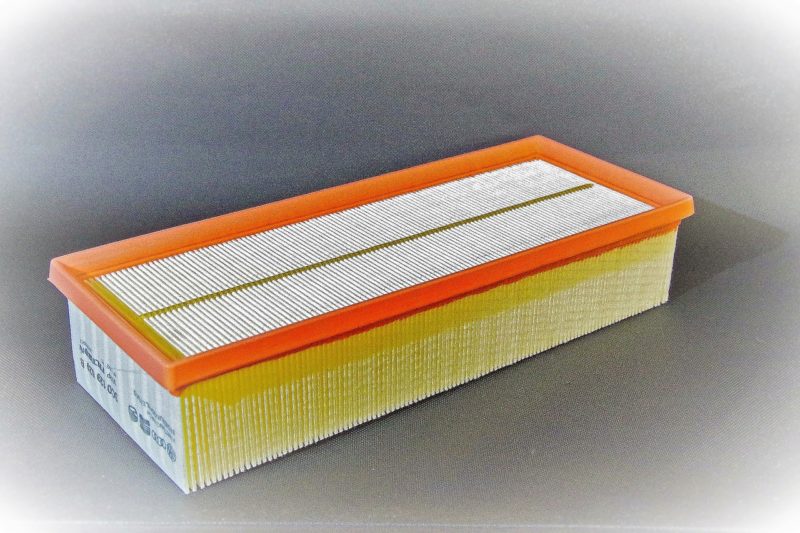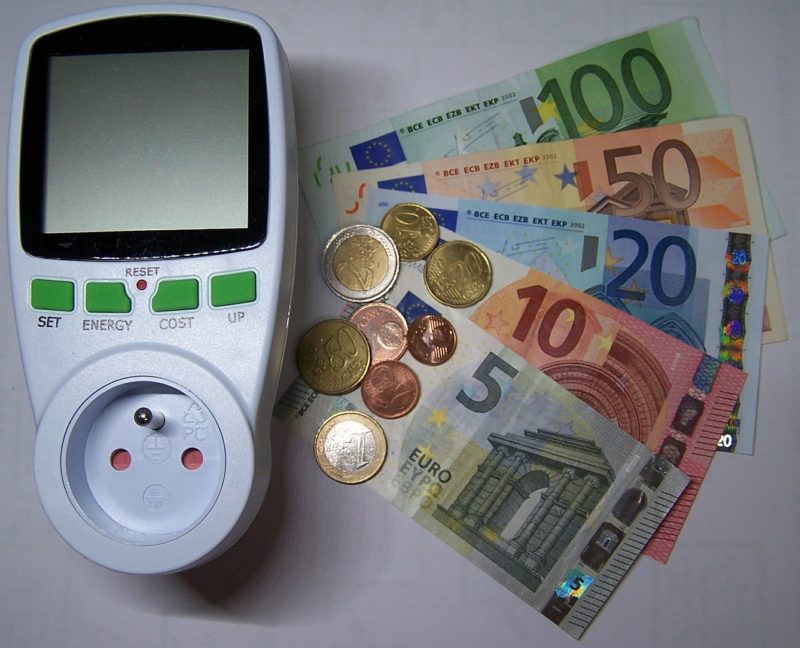10 Ways to Save Energy in 2019
Are you concerned over monthly utility bills or want to protect the environment? Either way, here are 10 ways to save energy for low bills and a happier planet. Are you baffled by your suddenly high energy bills? Concerned about how your household’s energy consumption is harming the environment? Whether you want to go green or save green, there’s no time like the present to get serious about learning how to converse energy.
While many people think this requires a near-total lifestyle overhaul, the reality is that you can make a few small changes that carry a big impact. Finding ways to save energy doesn’t take much effort, but it offers countless rewards. So, what are the easiest and most effective ways to lower your energy consumption and finally get those bills back down to a more manageable level? Keep on reading this post to find out.
Conduct An Energy Assessment
You can’t find effective ways to save energy unless you first identify what’s using the most energy in your home. Begin by gathering your energy bills from the past few months. Especially if there’s been a sudden uptick in cost, you likely have some sort of a malfunctioning appliance or home system on your hand. Have your hot water heater and HVAC system inspected, and looks for cracks in your doors and windows.
Assess your behaviors at home, as well. Even simple switches like turning off your lights when you leave the house or washing a few of your dishes by hand can add up to big savings.
Switch Up Your Lightbulbs
Another simple energy conservation tip? Change up the kinds of lightbulbs you use in your home. Incandescent lightbulbs may seem cheap at first glance, but in reality, they end up costing you much more energy and money than LED options. Yes, LED bulbs and compact fluorescent lights may be a bit more expensive up front, but they’ll save you in the long run.
Not only do LED bulbs last much longer than traditional ones, they also use up to 85% less overall energy than standard lightbulbs. Plus, many people say they enjoy the softer lighting that LED bulbs offer.
Another quick secret? Dust off your lightbulbs from time to time to make them last even longer.
Consider Solar Energy
If you’re serious about learning how to save energy at home, then you’ve likely already thought about using solar panels. Solar panels offer countless benefits, including lower electric bills, and even a reduction of energy imports and fossil fuels.
Especially if you’re an eco-friendly household, it’s worth the initially high cost. Often, solar panels end up paying for themselves a few times over. Talk to solar energy companies in your area about making the switch to a renewable and green source of energy.
Get Smart
Perhaps one of the most effective ways to save energy is by making an investment in smart home appliances. In particular, you should be on the lookout for appliances that come with an app, allowing you to control them from anywhere you get Internet access. For example, let’s say you’ve realized you drove away from your home without shutting off the air conditioner. With a few clicks of a button, you can turn it off without having to turn around and drive home.
Also, whenever you’re investing in new appliances, make sure you study up on their energy efficiency. This list created by Energy Star will help you to find appliances of all kinds that use as little energy as possible. You’ll lower your bills and your environmental impact at the same time.
Draw Your Curtains
Yes, the sunshine of a summer day may be lovely — but it can also heat up your home incredibly quickly. This means that your AC unit will need to use even more energy just to maintain consistent temperatures in your home.
Before you leave for work or an outing with friends, always make sure that you pull your curtains closed. This will help you save energy at home, and it will also prevent your carpets and furniture from getting damaged by the sun’s harsh rays. If curtains aren’t quite to your taste, you can always invest in outdoor blinds instead.
Dry Clothes Naturally
Another easy energy conversation tip? Skip the dry cycle after you finish washing your clothing. Many people aren’t aware that the average dryer uses about 3,000 watts of electricity per cycle — though some can use as much as 5,000. Especially if you do several loads of laundry per week, this can really add up.
We suggest investing in a drying rack for your clothing instead. This extends not only the lifespan of your dryer, but also of your clothing. If you must use your dryer, invest in dryer balls that can cut your clothing’s drying time in half.
Assess Your Refrigerator
If you want to save energy at home, it might seem tough to imagine your refrigerator playing any kind of a role. After all, it’s one of the few appliances that have to be in use 24/7. You don’t want your food to spoil, but you also don’t want your fridge to continue to be a huge source of energy drain. Luckily, finding a balance is easier than you think.
First of all, make sure you clean your fridge out as often as possible. The more food you have in there, the harder the appliance needs to work to keeps things crisp and chill. You should also study up on the optimal fridge temperature for the things you’re storing inside of it. You’ll likely find that the temperature is much lower than it really needs to be in order to be effective.
Go With The (Low) Flow
One of the best ways to save energy is to take a hard look at your household’s water consumption. Even if you make the switch from baths to showers, you might still find that your water and energy bills are much higher than you’d like for them to be.
So, what’s the solution? Talk to your family about making the switch to low-flow showerheads and other low-flow fixtures. You’ll be able to save some serious cash and limit your water consumption — without feeling like you’re sacrificing cleanliness.
It’s about making sure your fixtures are operating as efficiently as possible, not forcing you to take a shower that’s barely a drip.
Invest In Light Timers
Especially if you’ve been known to accidentally leave the lights on, we suggest that you invest in light timers. You can install these timers on your overhead lighting, individual lamps, and even on your Christmas decorations. You can even set the timers so that the lights in your home turn on and off at the same time each day.
If you prefer to handle your lights on your own, then consider installing a dimmer. This way, you’ll be able to adjust the level of lighting — and therefore energy use — in every room of your home.
Clean Your Air Filter
We all have home maintenance tasks that we seem to neglect. Weeding that garden, taking down the trash, or fixing that leak can wait one more day, we all think. However, one task that you should be certain to complete on time? Cleaning out your air filter. When your HVAC unit’s filter is clogged, it does much more than just lower the overall indoor air quality in your home. It also makes your energy bills skyrocket.
This is because your unit has to work even harder and use more energy than usual to overcome the clogs in the system and cool your home. Of course, a dirty filter also means that your unit will wear down much more quickly than it should. Make it a point to clean or replace your filter, at minimum, once every season. If you have pets, residents with weak immune systems, or if you just live in a polluted area, cleaning it out once a month is even better.
You’ll Love The Effectiveness Of These Ways to Save Energy
Whether you want to switch to using more energy efficient appliances, or if you’re just ready to commit to changing out your HVAC filter more often, we hope this post has taught you that there are countless ways to save energy. Talking to your family about how your levels of energy consumption impact the environment is also incredibly important.
Looking for more advice about how to upgrade your home, do more for the environment, and make the most of your space? We’ve got you covered. Keep checking back with us to score more of the latest home improvement tips and tricks.


